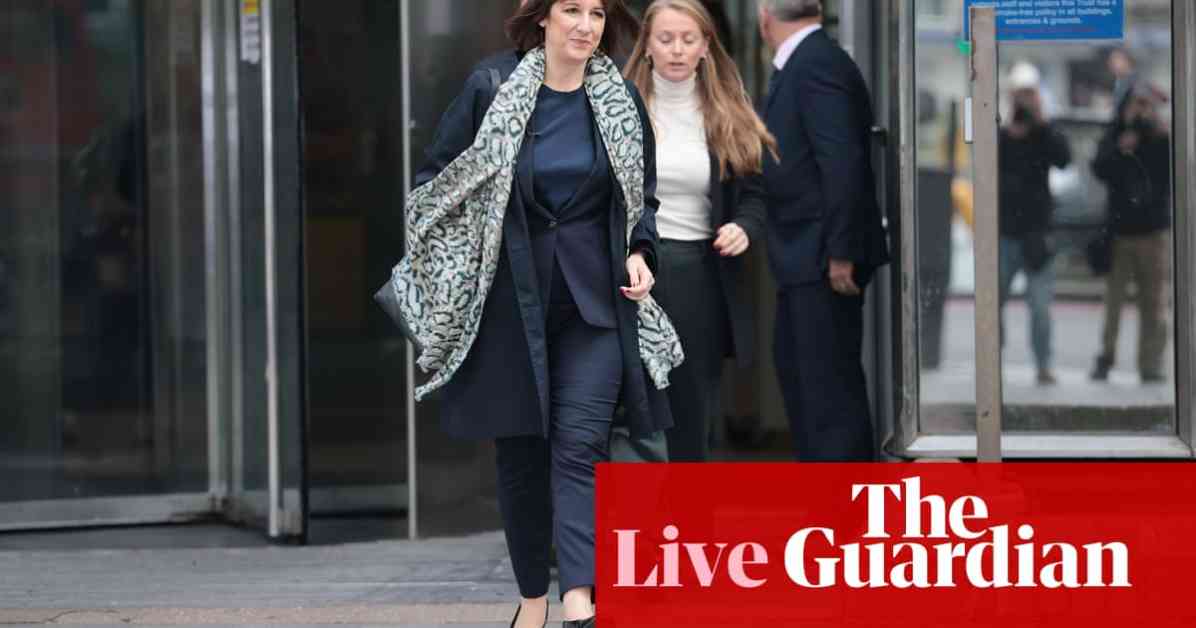Rachel Reeves, the Chancellor, faced questions about the impact of the budget on growth and wages during various media interviews following the release of the budget. Reeves defended her investment plans, stating that they will boost growth over the longer term. She acknowledged that the Office for Budget Responsibility (OBR) did not endorse her original claim of a £22bn black hole in the Tory spending plans, but she offered an alternative explanation for this discrepancy.
The Institute for Fiscal Studies (IFS) highlighted that firms with workers on low wages will face the highest proportional rise in labor costs due to the national insurance hike. Additionally, the Resolution Foundation stated that the current parliament is projected to be the second worst since the war for rising living standards. Despite criticisms from Jeremy Hunt, the shadow chancellor, Reeves defended her decision to raise taxes, stating that it was necessary to fund public services and stabilize national finances.
Reeves also addressed concerns about the impact of the budget on various sectors, including the agricultural industry. She defended the decision to subject some farms to inheritance tax, noting that the majority of farms would not be affected. However, she faced questions about the lower pay rises that workers might experience due to the national insurance hike. Reeves acknowledged the consequences but emphasized that overall household incomes are projected to increase during this parliament.
In line with the IMF’s support for the budget plan to reduce the deficit sustainably, Reeves highlighted the importance of long-term growth and stability. Despite criticisms and differing opinions from political opponents, Reeves remained confident in the positive outcomes of her budget decisions. The day following the budget release involved detailed analysis from leading budget think tanks and media interviews with Reeves and her counterparts to discuss and defend the budget measures. Overall, the budget announcement sparked discussions on the trade-offs between tax increases, public service funding, and economic growth in the UK.












